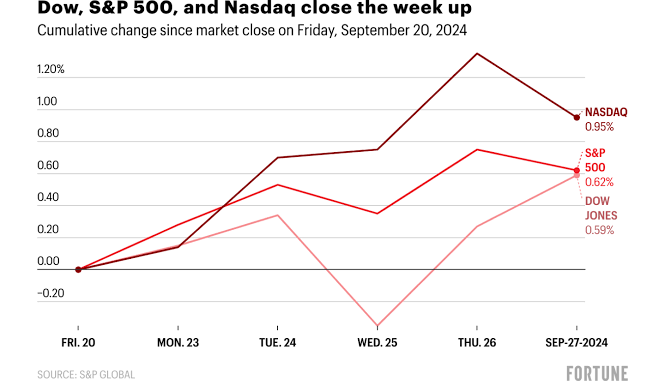
European stocks closed lower on the final trading day before the U.S. presidential election, as investors adopted a cautious stance, uncertain about the potential impact of the outcome on global markets. The major indices in the region, including the pan-European STOXX 600, ended the day in negative territory, reflecting broader concerns over the upcoming election’s effect on the global economy and financial markets.
The STOXX 600 dropped by 0.7%, while key indices in major European markets, such as Germany’s DAX, France’s CAC 40, and the UK’s FTSE 100, also posted losses. The decline was particularly driven by losses in the technology sector, which saw a 1% drop, with many large-cap tech stocks in the red. The sell-off in tech stocks mirrored broader concerns about the sector’s performance amid ongoing global economic uncertainties, including inflationary pressures, rising interest rates, and the potential for regulatory challenges.
Tech giants listed in Europe, as well as those with significant operations in the region, were hit by profit-taking, following strong gains in previous months. Investors seemed wary of higher volatility as the U.S. election drew closer, with the potential for market swings depending on the outcome. Political risk remains a key concern, as investors are particularly sensitive to any signs of instability or a contested election, which could further unsettle already fragile global markets.
In addition to election-related worries, earnings reports from several large European companies this week showed mixed results. While some firms posted solid profits, others struggled to meet expectations, exacerbating market pessimism. The combination of these factors resulted in risk-off sentiment across the region, with investors looking for safer assets like bonds or gold.
With the U.S. election only hours away, many market participants are bracing for potential volatility, especially in sectors like technology that have been particularly sensitive to shifts in market sentiment. The outcome could influence the trajectory of fiscal policy, international trade relations, and broader economic recovery, all of which remain highly uncertain.
Leave a Reply